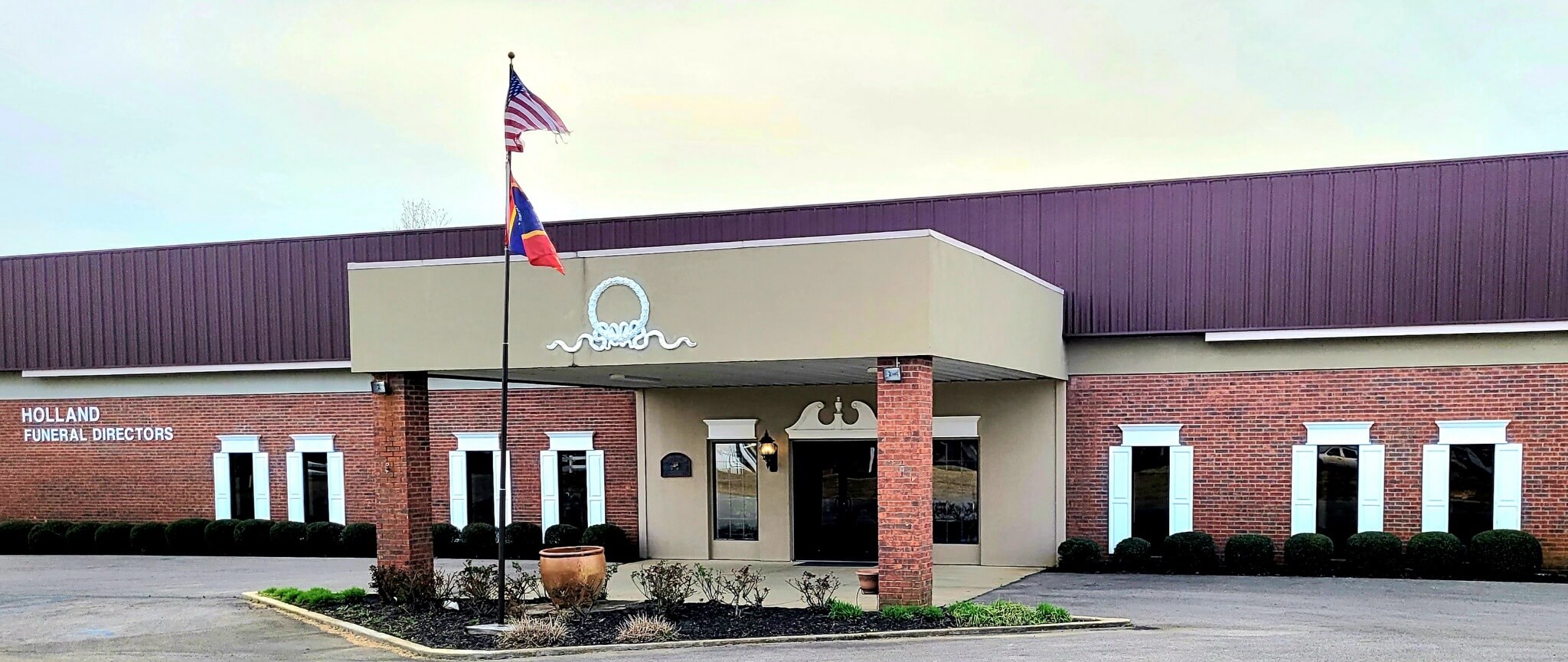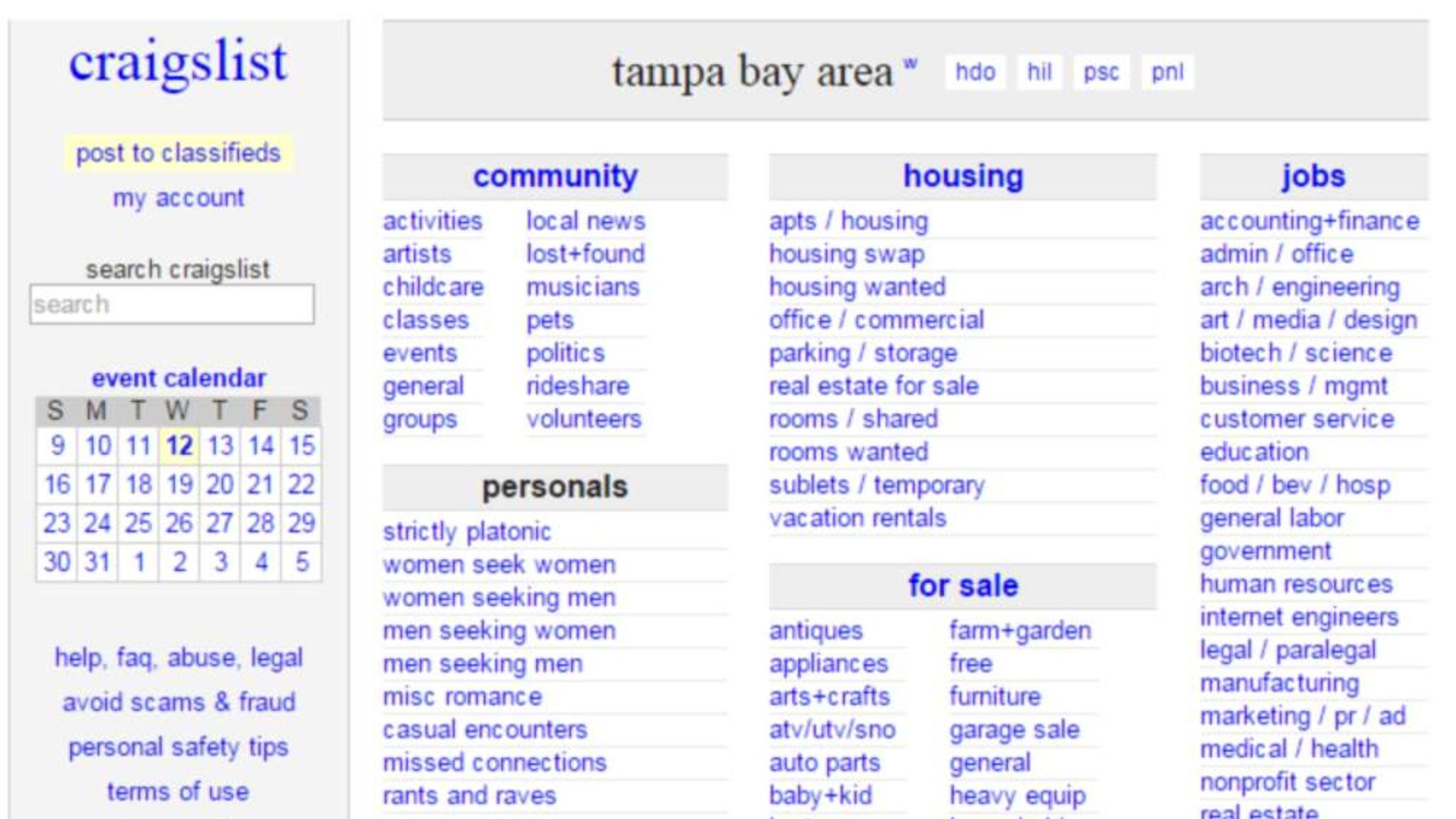Legacy Obits Tupelo MS unveils a captivating narrative woven from the threads of lives lived and legacies left in this Mississippi town. This exploration delves into the rich tapestry of obituary records, revealing not only the stories of individuals but also the evolving social, economic, and cultural landscape of Tupelo over time. From early writing styles to the impact of significant historical events, this journey through obituary archives offers a unique perspective on the community’s past.
The research examines the evolution of obituary writing, comparing Tupelo’s practices with similar Southern towns. Analysis of obituary length, content themes, and language across decades provides insights into shifting societal norms and values. Profiles of notable figures highlight their contributions and the impact of their lives on the community, while a study of family structures depicted in obituaries reveals evolving family dynamics.
Tupelo, MS Obituary History and Notable Figures: Legacy Obits Tupelo Ms
Tupelo, Mississippi, boasts a rich history reflected in its obituary records, offering a unique lens through which to examine the town’s social, economic, and cultural evolution. These obituaries chronicle the lives of its residents, from everyday citizens to prominent figures, providing valuable insights into the community’s past.
Tupelo, MS Obituary Timeline and Stylistic Evolution
Obituaries in Tupelo have evolved significantly over time, mirroring changes in journalistic style and societal norms. Early obituaries, perhaps found in local newspapers from the late 19th and early 20th centuries, were often brief, factual accounts focusing primarily on the deceased’s name, age, date of death, and immediate family. As time progressed, obituaries began incorporating more personal details, anecdotes, and reflections on the individual’s life and accomplishments.
The impact of major events like the Great Depression and World War II are clearly visible in the content and tone of obituaries from those periods. More recent obituaries often include photographs and longer, more detailed accounts, sometimes incorporating elements of storytelling and personal reflections from family members.
Comparison of Obituary Practices
Compared to similar-sized Southern towns, Tupelo’s obituary practices likely share commonalities in their emphasis on family, community involvement, and religious faith. However, unique aspects might arise from the town’s specific history and cultural identity. Further research would be needed to draw definitive comparisons.
Obituary Length and Content Across Decades
Source: amazonaws.com
| Year | Average Length (words) | Common Themes | Notable Changes |
|---|---|---|---|
| 1920s | 50-100 | Family, age, cause of death, basic biographical details | Very concise, factual reporting |
| 1950s | 100-150 | Family, community involvement, occupation, military service (post-WWII) | Increased detail, some personal anecdotes |
| 1980s | 150-250 | Family, life achievements, personal qualities, extended family details | More personal and reflective, inclusion of photos |
| 2010s | 250-400+ | Family, life story, community contributions, legacy, online memorials | Detailed life stories, online links, broader scope of information |
Notable Figures in Tupelo, MS Obituaries
Tupelo’s obituaries have featured a diverse range of individuals who made significant contributions to the community. These individuals represent various professions and walks of life, providing a rich tapestry of the town’s history. Their obituaries often highlight their achievements, character, and impact on those around them.
Enhance your insight with the methods and methods of instructure sjsu.
Prominent Figures and Their Contributions
While specific names and details require access to Tupelo’s obituary archives, examples might include influential business leaders, pioneering educators, dedicated community activists, celebrated artists, and respected religious figures. Their obituaries would likely showcase their professional accomplishments, charitable work, and lasting impact on the community. These obituaries would reflect the changing social and economic landscape of Tupelo, illustrating the town’s growth and evolution.
Notable Occupations in Tupelo Obituaries, Legacy obits tupelo ms
- Farmers
- Teachers
- Business Owners
- Ministers
- Healthcare Professionals
- Musicians
- Military Personnel
Legacy and Family History in Tupelo, MS Obituaries
Family is a central theme in Tupelo obituaries, reflecting the strong emphasis on kinship and community ties prevalent in Southern culture. The depiction of family structures and relationships, as well as the expression of sentiments regarding family legacies, has evolved over time.
Family Structures and Legacies
Older obituaries may focus primarily on immediate family, listing spouses and children. More recent obituaries often include extended family members, highlighting broader familial networks and relationships. Sentiments regarding family legacies often emphasize the values, traditions, and contributions passed down through generations. The portrayal of these legacies has likely shifted from a focus on material wealth or professional achievements to a greater emphasis on character, faith, and community impact.
Visual Representation of Family Structures
An infographic could depict the evolution of family structures shown in Tupelo obituaries over time. It could use concentric circles or branching diagrams to visually represent the shift from primarily nuclear families in older obituaries to more expansive depictions of extended families in more recent ones. The size of the circles or branches could represent the relative emphasis placed on different family members across different decades.
Language and Style in Tupelo, MS Obituaries
The language and style used in Tupelo obituaries have evolved over time, reflecting changes in societal norms and communication styles. Unique vocabulary, religious references, and overall tone have varied across different eras and social groups.
Vocabulary, Religious Language, and Tone
Early obituaries might use more formal and archaic language, while more recent ones adopt a more conversational and personal tone. Religious language, reflecting the strong religious traditions in the South, is likely prevalent throughout, though its specific expression may vary across different time periods and denominations. Obituaries written for different age groups or social classes might reflect varying levels of formality and detail.
For instance, obituaries for older generations may focus more on life achievements and family legacy, while those for younger generations might emphasize personal passions and unique experiences.
Examples of Writing Styles
Early Obituary Style: “Mr. John Doe, a respected farmer and pillar of the community, passed away peacefully at the age of 78. He is survived by his wife, Mary, and three children.”
Modern Obituary Style: “John Doe, a beloved husband, father, and grandfather, passed away on [date] after a long and fulfilling life. He was a devoted family man who cherished his time with loved ones and leaves behind a legacy of kindness and generosity.”
Local Newspapers and Obituary Archives
Accessing historical obituary information in Tupelo requires navigating various newspaper archives and online resources. Several newspapers have served the community over the years, each offering a unique perspective on the town’s history and its residents.
Newspaper Archives and Accessibility
| Newspaper Name | Online Access | Offline Access | Notes on Limitations |
|---|---|---|---|
| Tupelo Daily Journal (example) | Partial online archive, subscription may be required | Likely available at the local library or historical society | May have gaps in coverage, particularly for older years |
| [Name of another historical newspaper] | Potentially limited or no online access | May require visiting a local archive or library | Access may be challenging due to age and condition of records |
Final Conclusion
In conclusion, exploring the legacy obituaries of Tupelo, MS, offers a compelling glimpse into the past, revealing not only individual stories but also a broader understanding of the town’s history and evolution. The changing styles, language, and themes reflected in these obituaries serve as a valuable historical record, mirroring societal shifts and providing a rich tapestry of human experience.
Accessing these archives, though sometimes challenging, remains crucial for preserving and understanding the community’s collective memory.



